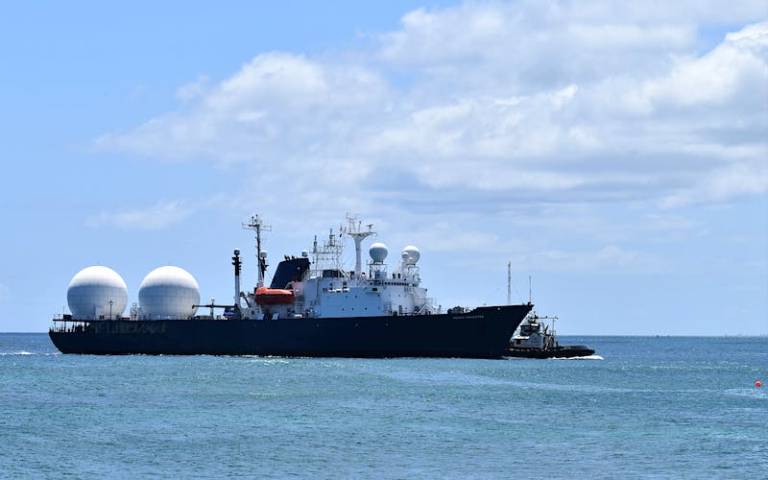New report shows that Australia, Canada, Norway and the USA must act on fossil fuel export emissions
21 November 2023
A new report by UK and Australian academics reveals that coal, oil and gas exports from the four countries contribute 11% of global energy-related CO2 emissions in 2020 and must be reduced

In the lead up to COP28 Conference in Dubai, a new report by UK and Australian academics reveals that coal, oil and gas exports from Australia, Canada, Norway and the USA amount to 11% of global energy-related CO2 emissions in 2020 – which, excepting the US, dwarf their domestic emissions. The report, 'Why fossil fuel exporters must accept their emissions liability,' argues that they must take responsibility for reducing their export emissions for any hope of keeping global temperatures below 1.5 degrees Celsius.
University of New South Wales (UNSW) Professor of Political Philosophy, Professor Jeremy Moss has collaborated on the report with Steve Pye, Associate Professor of Energy Systems in University College, London. Jeremy Moss noted:
“As the window of opportunity to limit climate change reduces, it is now morally and practically indefensible for states to advocate for domestic emissions reductions while continuing to increase their fossil fuel exports. This is what is not being discussed at COP.
The report finds that export emissions from the four countries grew by 4.4% per year from 0.5 GtCO2 in 1980 to 3.4 GtCO2 in 2020. Steve Pye notes:
“Our calculations show that the cumulative emissions associated with fossil fuel exports from Australia, Canada, Norway and the USA over the next 7 years (to 2030) is equivalent to around 11% of the remaining global carbon budget.
Australia’s ‘exported emissions’ are three times as high as it its recorded domestic emissions. Notably, Norway’s exported emissions are thirteen times it’s domestic emissions, the report finds. In fact, the four countries only set emission reduction targets for the emissions that they generate in their own countries. Jeremy Moss added:
“These four Industrialised first world democracies need to play a leading role in taking responsibility not just for reducing their export emissions, but also for the harm those emissions cause. That means increasing their mitigation ambitions, assisting with adaptation, and possibly compensating those harmed through loss and damage provisions.
The report makes certain key recommendations:
- States must accept that action on climate change must include reducing their direct domestic emissions as well as the emissions associated with their fossil fuel exports.
- Lack of consideration of the impact of export emissions is a significant roadblock to climate action.
- National (and ambitious) emissions targets should include targets to reduce export emissions and domestic emissions.
- The COP process needs to fully acknowledge the need for a plan to phase out all fossil fuels, including reductions in exports.
- States at COP should adopt an ‘export net zero’ target in addition to a domestic emissions reduction target.
With COP28 beginning in a few days, this report is timely - learn more about this and the research area using the links below.
About the authors
Jeremy Moss is professor of political philosophy at the University of New South Wales, Sydney. He is the author of several books on climate change including, 'Carbon Justice: the Scandal of Australia’s Biggest Contribution to Climate Change'.
Steve Pye is Associate Professor of Energy Systems at University College London. He has published extensively on transitions to low carbon energy systems, with a particular interest in fossil fuel phase-out. His widely read 2021 article in Nature titled 'Unextractable fossil fuels in a 1.5°C world' argued for leaving the majority of fossil fuels in the ground. He is an author on UNEP’s Production Gap report, and co-lead of the Redline database (redlinedatabase.org).
Links:
- Read the report - access this external webpage.
- Watch Jeremy Moss explain why we have a moral responsibility for al lour fossil fuel emissions including those we export in this UNSW video - access this eternal webpage.
- Read 'Carbon Justice: the Scandal of Australia’s Biggest Contribution to Climate Change' - access this external webpage.
- Learn more about the research of Jeremy Moss - access this external webpage.
- Learn more about the research of Steve Pye - access this external webpage.
Image credit: pexels.com
 Close
Close

